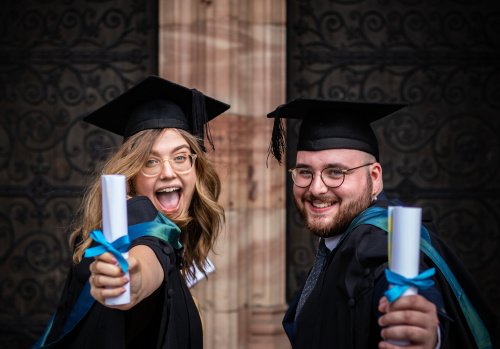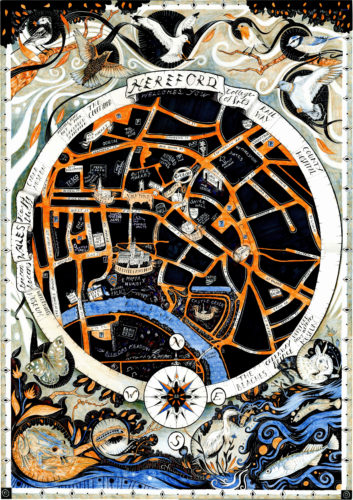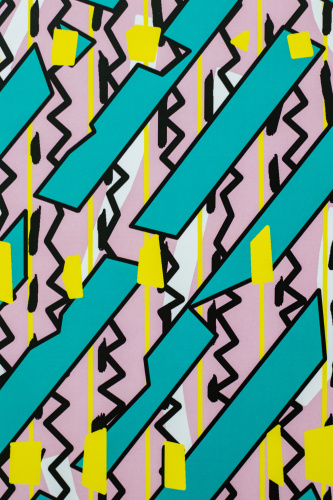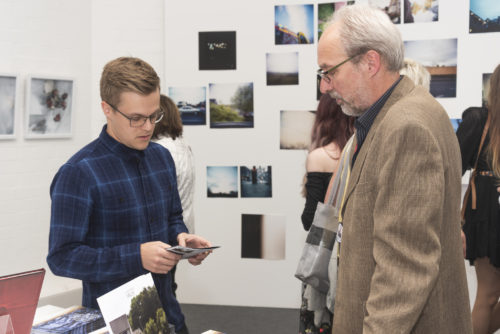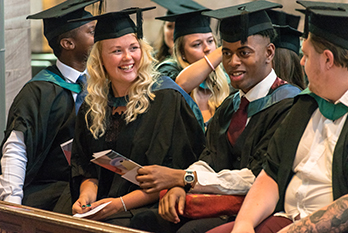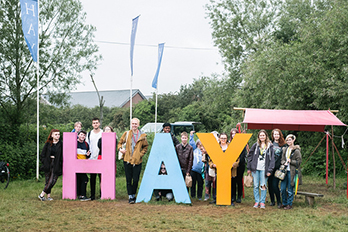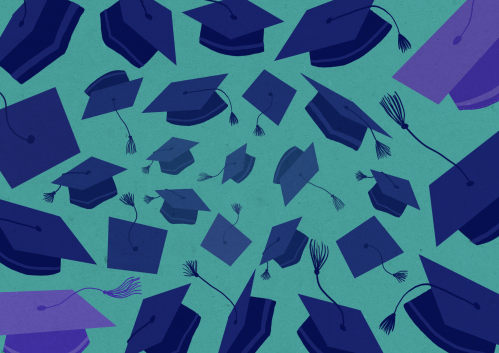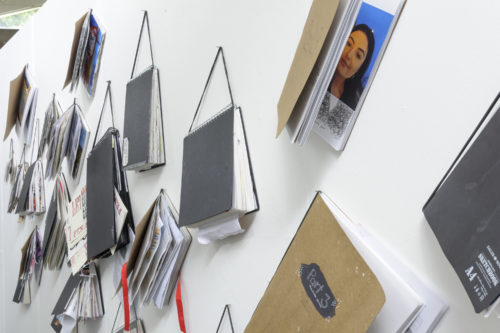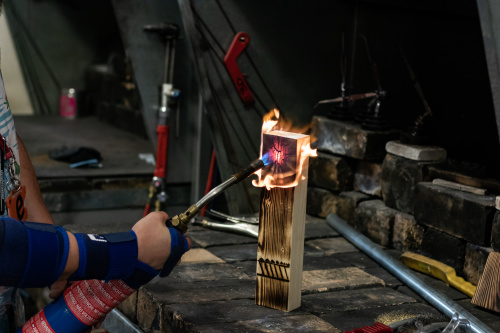Arts education and the Scholarly Curriculum
Published on 21.09.16
3½ minute read “The innovative cities of the coming age will develop a creative union of technology, arts, and civics.” Sir Peter Hall “technology alone is not enough—it’s technology married with liberal arts, married with the humanities, that yields us the results that make our heart sing.” Steve Jobs As educators, if we
Categories
3½ minute read
“The innovative cities of the coming age will develop a creative union of technology, arts, and civics.”
Sir Peter Hall
“technology alone is not enough—it’s technology married with liberal arts, married with the humanities, that yields us the results that make our heart sing.”
Steve Jobs
As educators, if we are to develop ‘creative unions’ we need an arts education that both supports our students’ scholarship in terms of deep specialisms in the creative arts but also grows the skills necessary to work confidently and forge meaningful partnerships within the wider context of community and discipline.
So, what is the role of the curriculum in this? I am certainly no expert, but know various academic arguments – the work of Barnett and Coate (2012) suggests it must teach across the domains of ‘thinking, being and knowing’. The Student as Producer movement and ideas of learning partnership communities equally strongly suggest that to craft a meaningful curriculum needs input from all involved with it; in this case students, communities, and employers.
At the heart of this is the sense that a scholarly ‘curriculum’ is not a fixed, immovable entity which is delivered to students, but a moving, flexible force – not a series of learning experiences to be experienced by the passive student, but a co-operative venture that works within a framework designed to support fluidity as well as ‘output’. A network of learning experiences that together create a holistic learning environment?
More pragmatically, a curriculum must also be designed. And so to our curriculum development workshop last night which created a space where our design process could start with discussion, debate and the suggestion of patterns to follow.
We looked at ideas of ‘core skills’ and how our courses are formed from a balance of deep specialisms and some shared content. How we articulate this content is important – and this entailed unpacking our language and our teaching practice. ‘Professional Practice’ is particularly interesting as when you open this out some of the skills contained are ‘deep’ ideas such as integrity and selflessness – the value of listening, and the importance of developing ‘soft’ skills such as negotiation.
Another idea I loved was the need for students to problem find – to seek out areas of opportunity as part of their ‘entrepreneurship’.
We then looked at how a pattern template might be developed that supported the identification of shared collaborative spaces within our curriculum, and how we might create areas that support discourse and shared project-based learning within our wider community. Hay Festival is a key reference point in this discussion, as are the words of Eaton when he describes the ‘fuzzy interface’ where exciting things happen.
The Curriculum Development work will continue, both in the pragmatic aspect of re-writing and applying for re-validation and in this, more exciting space that will gather momentum now some inspirational ‘spaces’ within our curriculum have been identified.
So, wishing us all resilience (one of the core skills we felt was important) as we continue our design process…
(thanks Neil)
References:
Barnett, R. and Coate, K., 2004. Engaging the curriculum. McGraw-Hill Education (UK).
Eaton, Gower and Macdonald (2016) Partnership learning communities: a guide for college-based higher education, available at https://www.heacademy.ac.uk/resource/partnership-learning-communities-guide-college-based-higher-education [date last accessed 5/6/16]
Neary, M. and Winn, J., 2009. Student as producer: Reinventing the undergraduate curriculum. The future of higher education: Policy, pedagogy and the student experience
